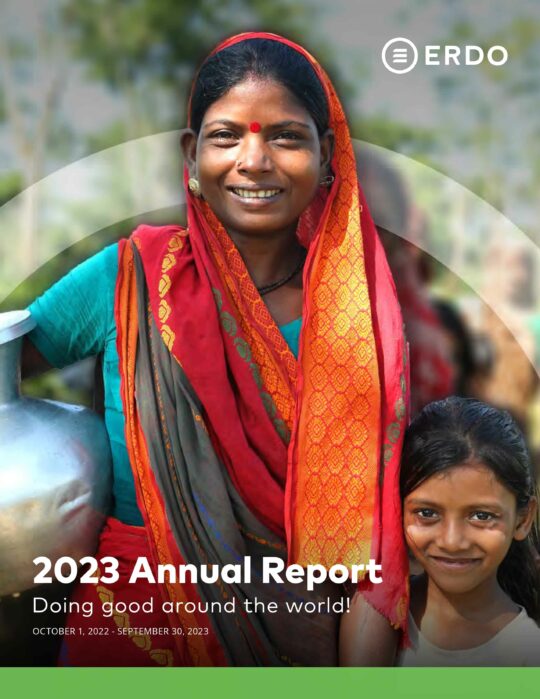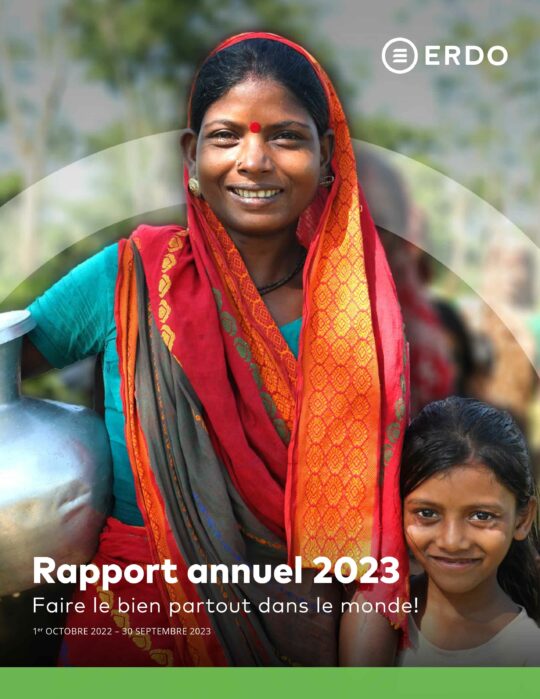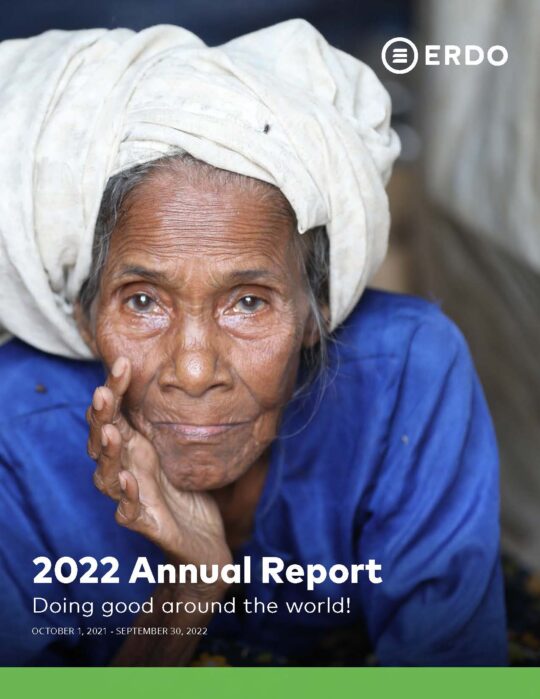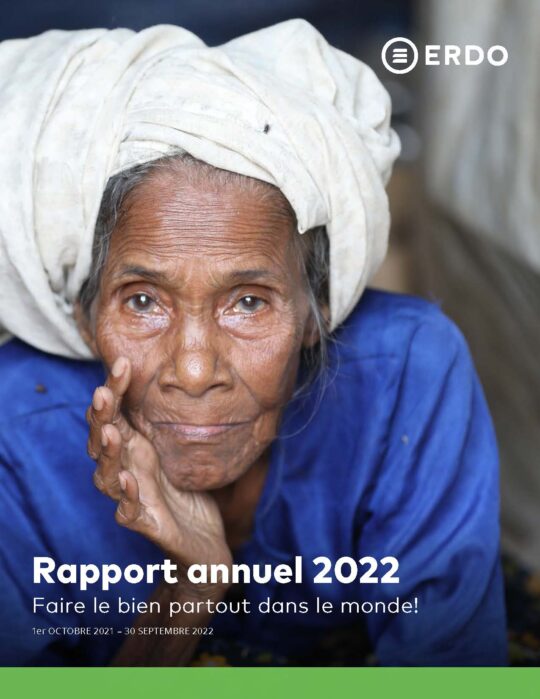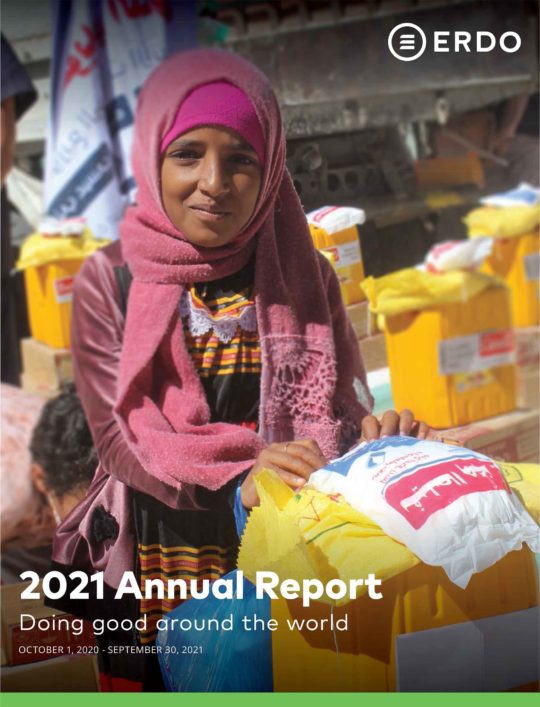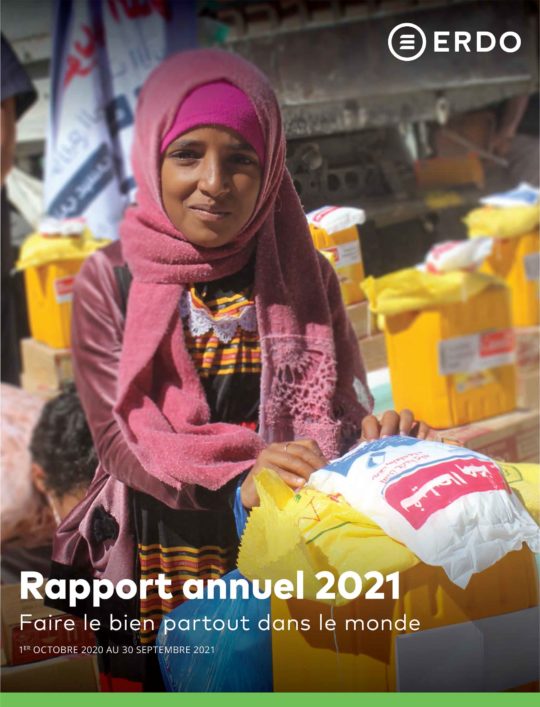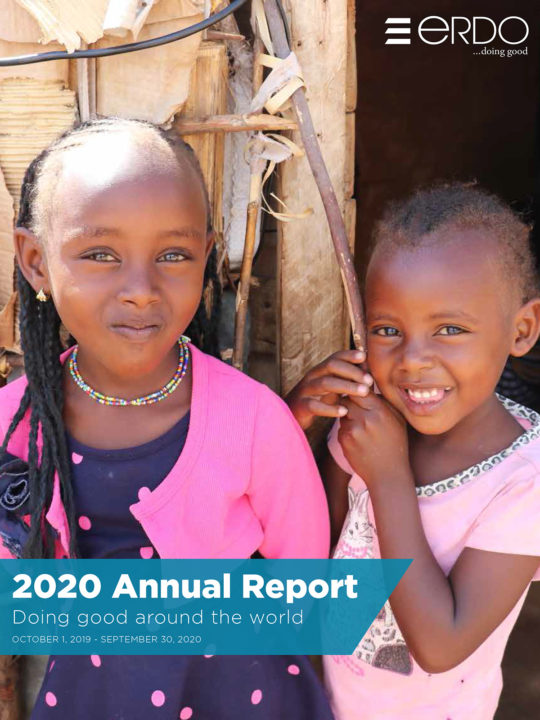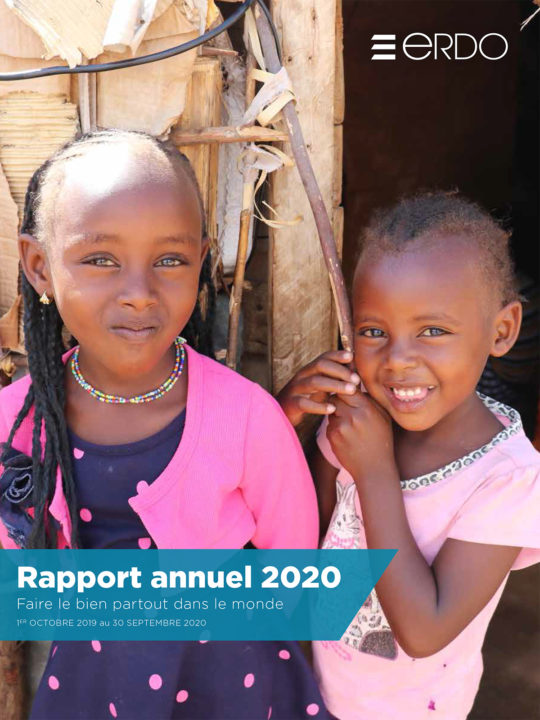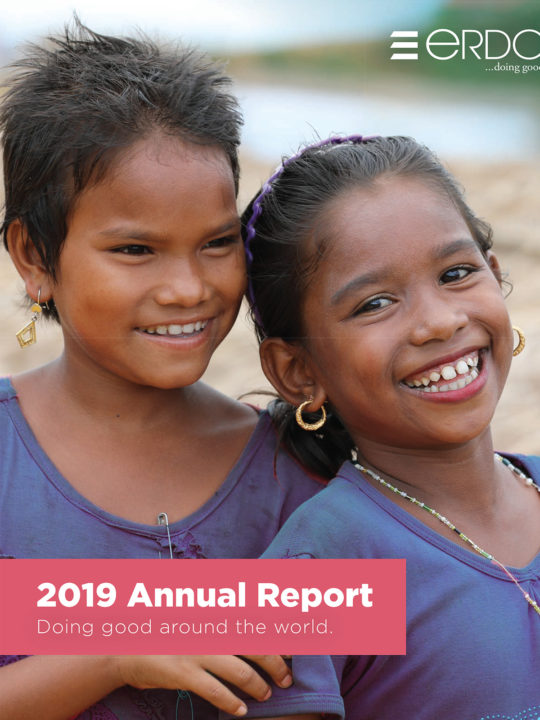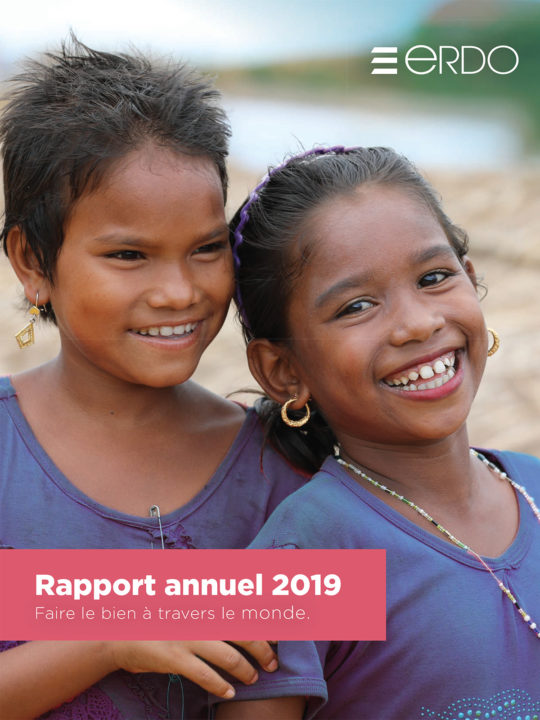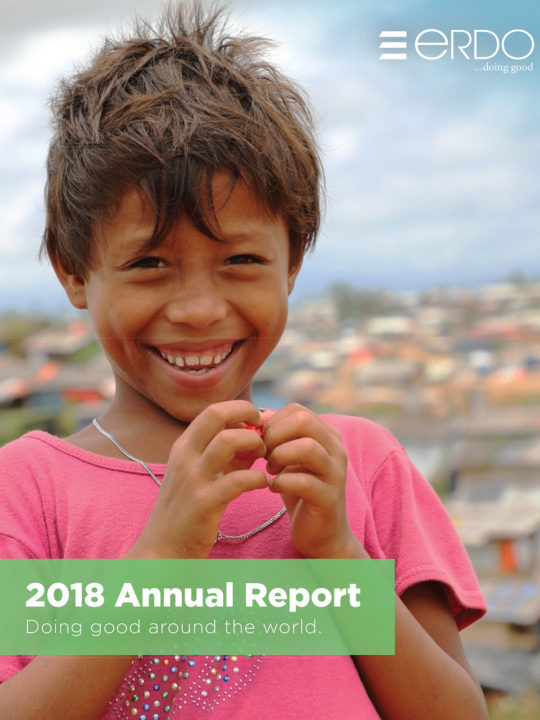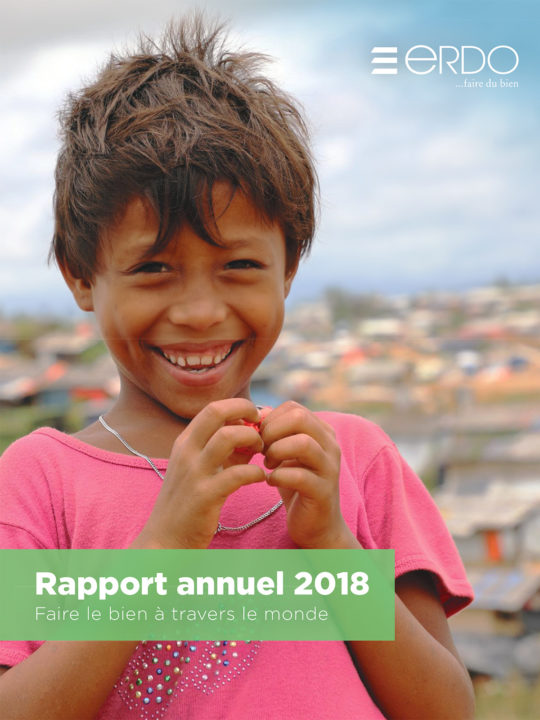It’s critical for potential supporters, and those who have a long history of giving to ERDO to have the utmost trust in the way we use funds to do good in the world. Here are some important things to know about us:
ERDO is a registered Canadian charity BN: 87591 2701 RR0001, and issues receipts for income tax purposes. For convenience and lowering administration costs, ERDO issues monthly donors one annual receipt in February of the following calendar year. Donations given online are immediately receipted electronically.
Our annual reports, available below, illustrate not only the impact of donations, but our fiscal responsibility.
For those who like to dig deeper into the financial reports, we have the last three years of our Audited Financial Statements posted below and are happy to send prior reports at your request.
Detailed financial reporting is also available on the Canadian Government website. T3010 Registered Charity Information Return (cra-arc.gc.ca)
Our Board of Directors is presented with ERDO’s proposed annual budget for approval, and holds senior staff accountable to the budget throughout regular meetings during each quarter.
ERDO has also been ranked as a top charity in Canada by the following:
Charity Intelligence
https://www.charityintelligence.ca/charity-details/646-erdo
Maclean’s magazine
2020 – https://www.macleans.ca/society/canadas-best-charities-2020-top-100/
2019 – https://www.macleans.ca/society/life/canadas-top-rated-charities-2019/
MoneySense magazine
2020 – https://www.www.moneysense.ca/save/budgeting/canadas-top-rated-charities-by-sector/
2019 – https://www.moneysense.ca/save/financial-planning/canadas-top-rated-charities-2019-top-100/
Financial Post
2014 – https://financialpost.com/news/financial-post-charities-of-the-year-2014


